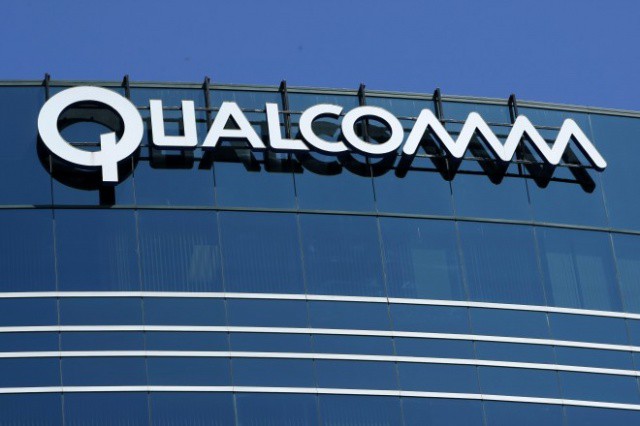 2589
2589
 2017-09-22
2017-09-22

Qualcomm has suffered a blow in its patent royalty battle with Apple after losing two hearings.
The first hearing means that Qualcomm cannot force Apple’s manufacturing partners to make royalty payments before the total quantity of royalties are settled. The second means that it cannot stop Apple from seeking antitrust cases against Qualcomm in other countries.
The result of the hearings means that Qualcomm will want to work rapidly to resolve the issue of what royalties it is owed, since it won’t be paid anything from iPhone sales up until then. It also means that it could find itself facing battle in multiple legal battles around the world.
Last month, the president of Qualcomm’s licensing division, Derek Aberle, announced that he is leaving the company after 17 years. Aberle had been leading Qualcomm’s legal battle with Apple, which makes the timing of his departure interesting. He will finish at the company in December.
A brief history of Apple’s Qualcomm battle
The dispute between Apple and Qualcomm broke out in January this year, when Apple sued Qualcomm for allegedly withholding $1 billion in rebates because Apple assisted South Korean regulators investigating Qualcomm’s business.
Qualcomm then hit back back by claiming Apple was being purposely misleading, and that it had breached its contract with the company. The decision by Apple to withhold royalty payments to Qualcomm meant that Qualcomm was forced to revise its earnings forecasts to give a smaller number, due to Apple cutting off one of its major sources of revenue. Apple’s manufacturers also got dragged into the fight, while even Apple’s biggest rivals stepped up to support the Cupertino tech giant.
Since then, the battle escalated — with Qualcomm attempting to ban iPhones being imported to the United States that use chips, “other than those supplied by Qualcomm affiliates.” Apple started using Intel chips in the iPhone 7.
Source: Apple Insider